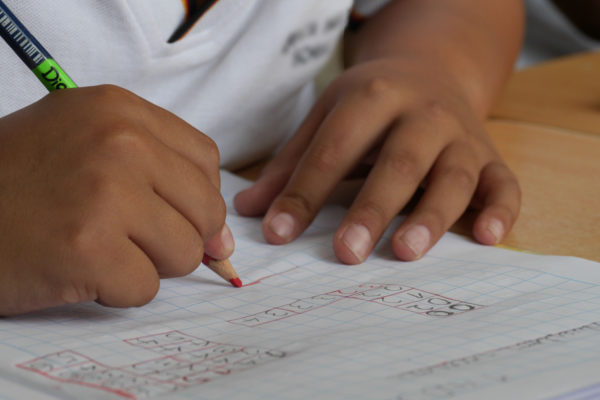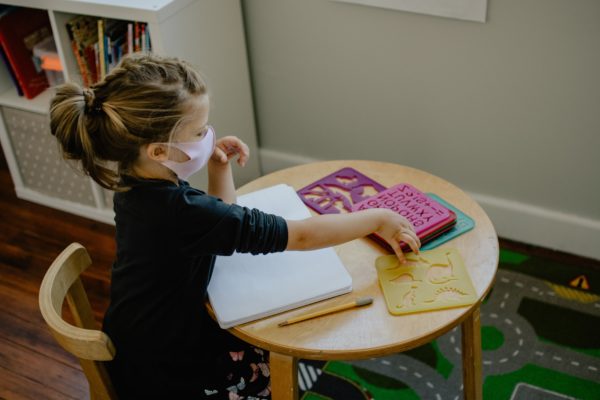What are the qualities of a leader who is committed to equity? How might we cultivate more equity-centered school leaders who hold a firm and pressing commitment to students with disabilities?
Over the last year, we set out to explore these questions.
- August 9, 2021
- Megan Ohlssen
- Blog
If a special education director gets pushback from his superintendent about where he thinks he should spend the COVID-19 relief funding to improve equity for students with disabilities, show him the data, said Lauren Krempecki, program manager at the Center for Learner Equity in New York, N.Y.
This brief comes out of our examination of leadership pipeline programs and specifically with individual leaders who have demonstrated exceptional commitment to improving education for students with disabilities. In particular, it focuses on their motivations and how to use that information to create future leaders.
This brief, written as part of a collaboration with Pathways 2 Tomorrow, introduces what we propose are critical components of a strategic, city-based framework, along with details regarding how this multi-pronged approach can drive systemic and sustainable change that will lead to better access and outcomes for students with disabilities.
Harassment. Abuse. Taunting. Menacing. These are the kinds of words that appear in laws that address bullying, said Paul O’Neill, a school attorney at Barton Gilman LLP in New York City.
This brief comes out of our examination of leadership pipeline programs and collaboration with these programs to infuse inclusive mindsets and strong programs for students with disabilities into their training models. In particular, it focuses on our findings regarding how future charter school leaders are trained in pipeline programs, specifically on educating students with disabilities.
Our latest publication, The Rising Tide that Lifts All Boats: Investing Stimulus Dollars with an Equity Focus, provides several specific strategies that districts, schools, and educators should consider to optimize the positive impact of stimulus dollars on students, especially those with disabilities.
On March 31, Edsource reported on a new study that shows that students with disabilities, especially those who are students of color, will need extra assistance to catch up, quoting Executive Director Lauren Morando Rhim.
While we continue to struggle to figure out how to educate students 12 months into the global pandemic, we cannot afford to lose sight of the pressing need to address concerns about disproportionate discipline.
This winter, we informally surveyed local special educators from New Orleans charter schools to hear their on-the-ground perspectives on meeting the needs of students with disabilities during this extremely challenging COVID year. The results include important insight into the challenges special educators are currently facing.
« Previous Page — Next Page »






